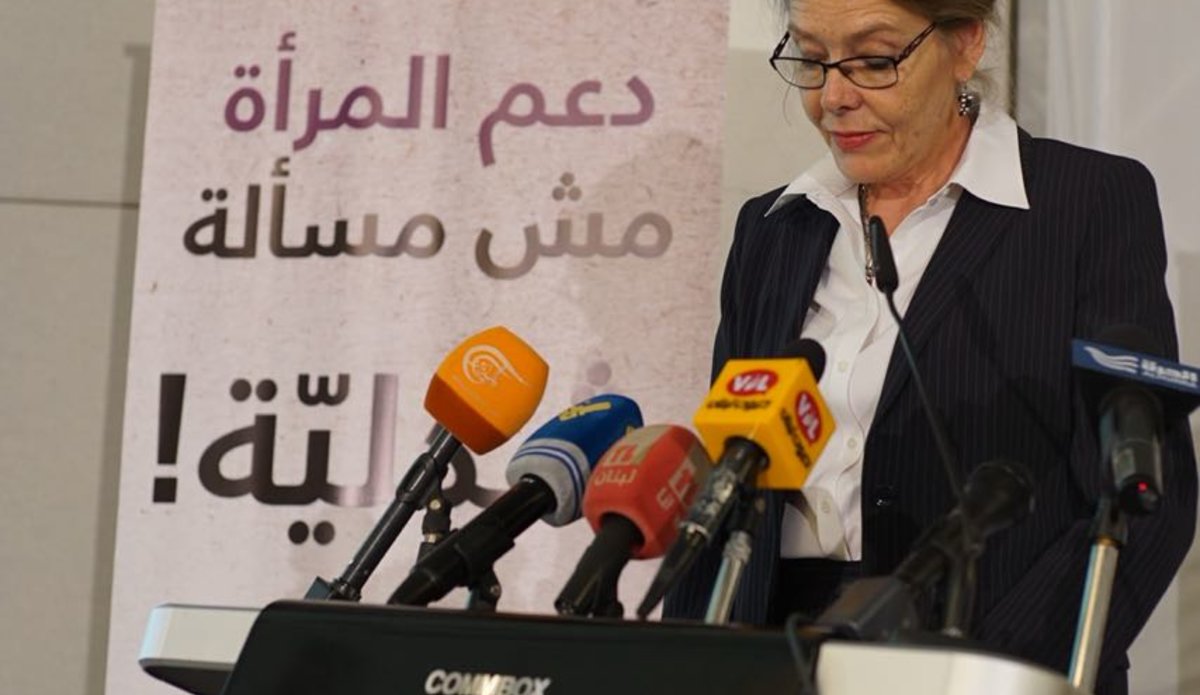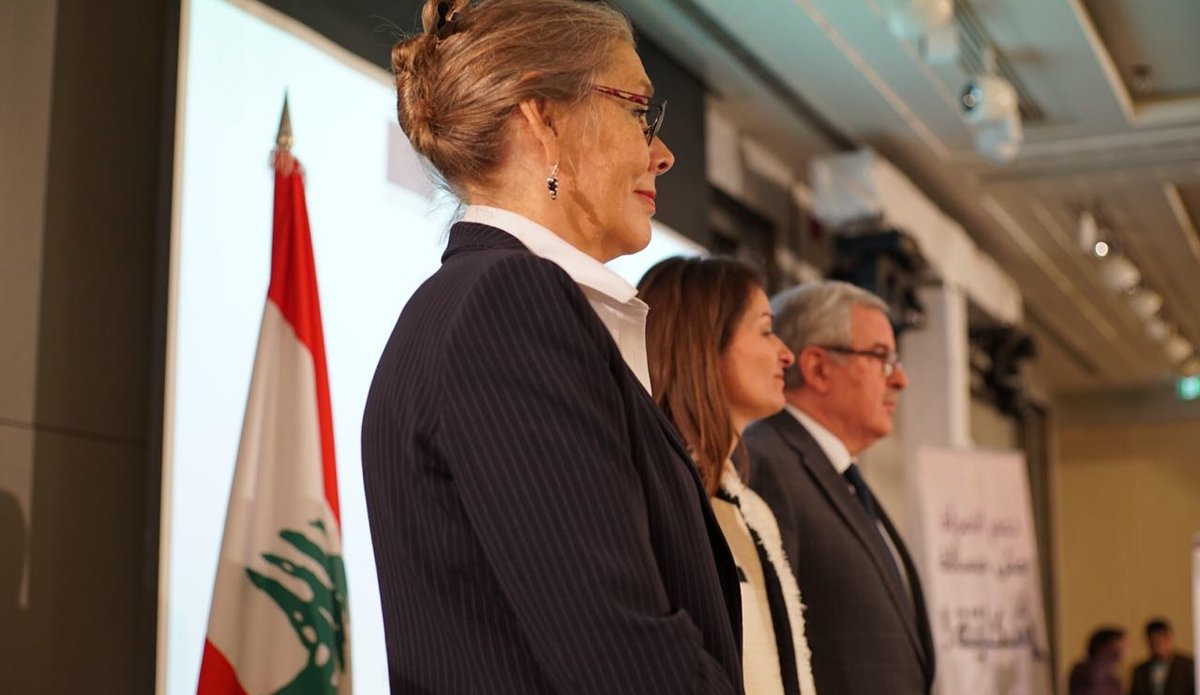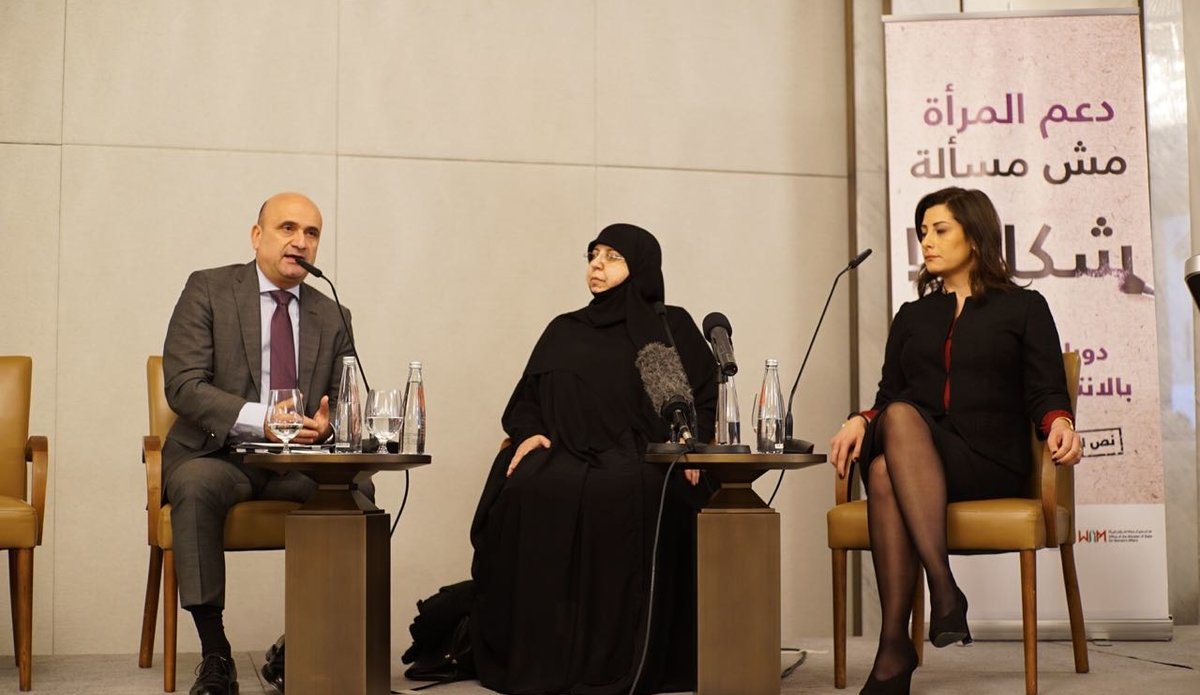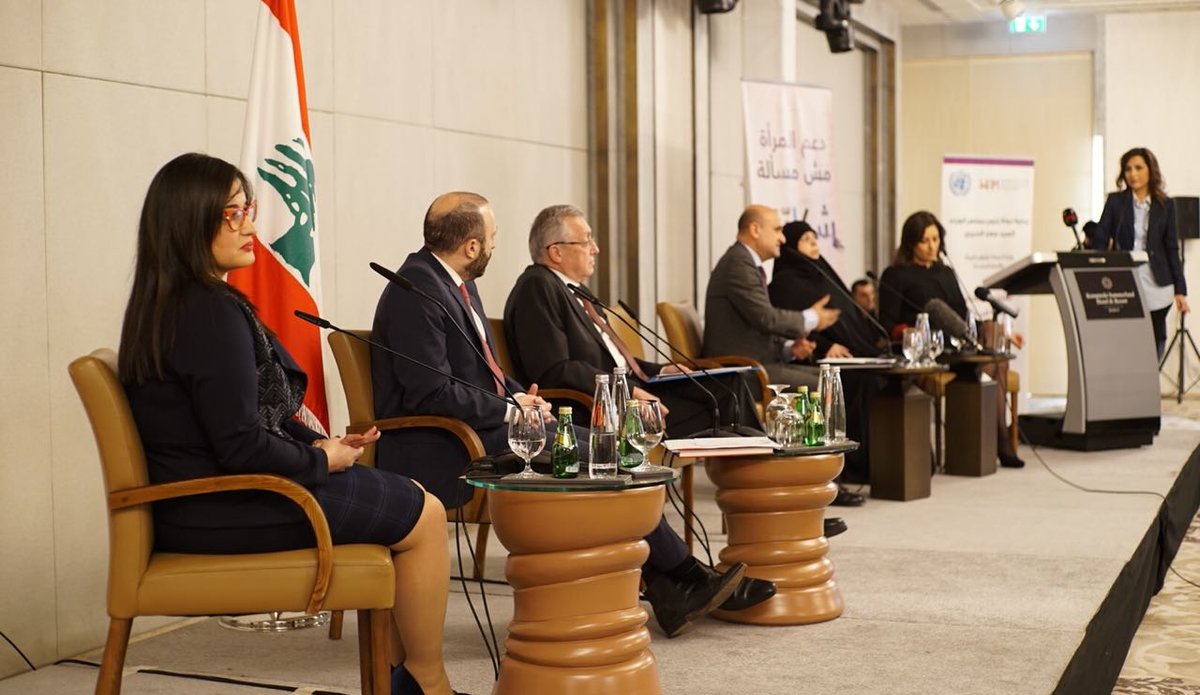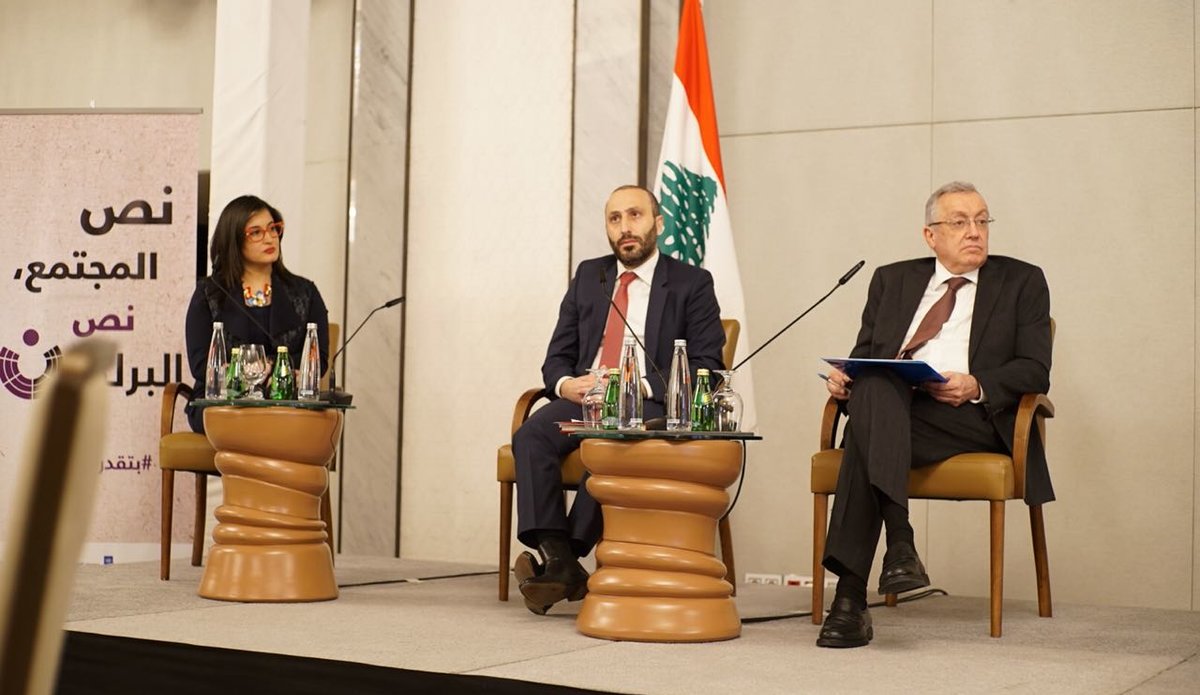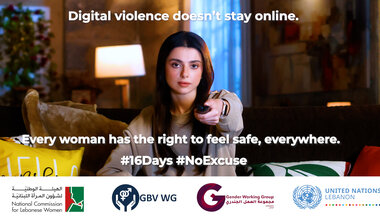Opening Remarks of Acting UN Special Coordinator Pernille Kardel at Conference on Fostering the Role of Political Parties in promoting women's representation in the Parliamentary elections 2018
Minister Oghassapian,
Ambassador Lassen,
Distinguished guests, Ladies and Gentlemen,
I am honoured to be here with you today to discuss the role of political parties in promoting women’s participation in the upcoming Parliamentary elections.
I would like to thank my fellow speakers and, most importantly, political party representatives for their participation in this important event.
While I am newly arrived in the country, I am already well aware that Lebanon has much to offer the region and the international community. It stands apart:
As a country of consensus-builders.
As bastion of peaceful coexistence and power-sharing.
As a co-author of the Universal Declaration of Human Rights.
And as a vibrant democracy.
Our discussion today goes to the heart of what it means to be a democracy. And it takes place at a moment of critical opportunity: the first legislative elections to be held in nearly a decade.
These elections will bolster the people’s confidence in their state institutions, and strengthen the social contract between leaders and their constituents. The conduct of elections sends a clear signal that the country remains committed to upholding its democratic roots. I applaud the Government and the political parties for their commitment to hold the elections on 6 May.
Democracy is, above all, about inclusion - and it is about participation of all citizens in making decisions that impact their lives. It is as much about the process, as about the results, where participation cultivates ownership. Where the broadest spectrum of social and political stakeholders are included, democracy becomes more durable and institutions endure beyond personalities. A democracy is strongest where it leverages the breadth and richness of its diverse constituencies.
In this vein, I believe that the participation of women – as candidates as well as voters – in the upcoming elections is critical. Lebanon’s democracy will be even stronger with the participation and representation of its entire electorate, including women, to bring their ideas, energy, and initiative to the table.
With the establishment of the current government, Prime Minister Hariri created a new ministry of state to address women affairs. It has been impressive to see how the Minister have brought gender issues to the forefront of Lebanon’s policy discussions.
Elevating gender dimensions in Cabinet discussions has among other achievements led to the abolishment of Article 522 of the Penal Code [which used to absolve rapists if they marry their victims]. In addition, a bill has been passed that allows women candidates in the municipal elections to run in their own district.
The next step entails lowering the barriers to bring more women into parliament. While Lebanon decided not to introduce a gender quota in its electoral law, there are other avenues that can be pursued to close the gender gap.
Here I believe that political parties – many of you – can play a vital role as the “gatekeepers” of women’s political access.
I look forward to hearing from the representatives of the parties here today what ideas you have to increase women’s representation.
Let me however give some examples of what might be relevant factors that can support women to come forward as candidates:
- Ensuring that women are part of internal leadership structures
- Ensuring that practices in candidate outreach and selection extend to where women are at in a society
- Ensuring that party resources and public visibility are distributed equitably among candidates
- And making internal training and mentoring programmes available to women candidates.
It also remains possible for parties to adopt a voluntary quota for their electoral list, and place women candidates so they can win seats in the upcoming elections. As we have seen in many other countries, introducing a quota can make a difference in overcoming barriers to entry.
Beyond its normative value in supporting gender equality, nominating women makes political sense. Women candidates are likely to increase the legitimacy and electability of parties. They can enhance the party’s public image. They can incentivize turnout among their own constituencies who may not otherwise be represented. If done well, women’s inclusion can strengthen campaign strategies and outreach, broaden the appeal of political agendas and might also contribute to counter a decline in party membership.
When UN Secretary-General António Guterres took office in 2017, he made gender equality and women’s empowerment a key priority. He underlined their importance for the implementation of the 2030 Agenda for Sustainable Development and the Sustaining Peace Agenda. To maintain peace and stability, to promote inclusive, economic growth and prosperity, the gender gap needs to be closed.
A new generation of young Lebanese – men and women alike – will come to the polls for the first time this May. They will be eager to participate in the democratic process. I hope that parties will seize this opportunity and demonstrate to them their commitment to gender equality. Look around you: there is no scarcity of competent women who are well placed to do the job.
The United Nations will continue to support our Lebanese partners in advancing this important agenda.
Ultimately, the goal is for Lebanese women and men to be given the space to realize their full potential and contribute to the decisions that affect their future and the future of their country.
Thank you.
 UN
UN
